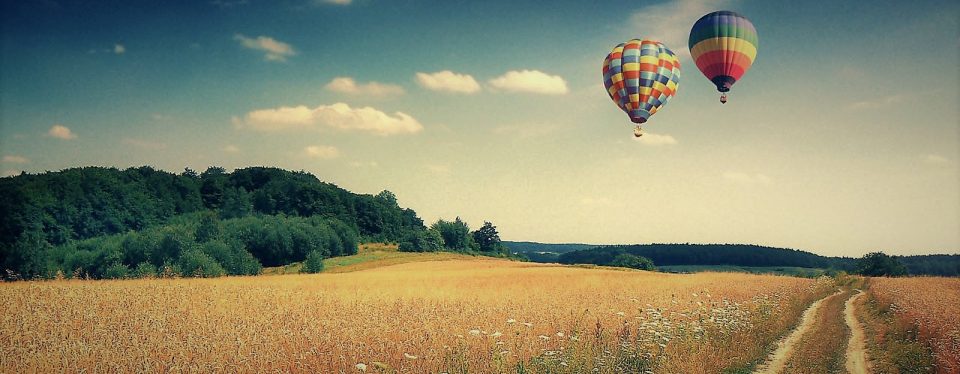“What’s the most interesting thing that happened to you today?” he’d ask. My grandpa, puffing on his pipe.
Pleased to have his attention, and anxious to keep it, I’d rack my brain for a response. Growing up in the suburbs in the 1950’s was pretty mundane. Nothing of great interest ever seemed to happen to me.
So, I’d make things up. Not lying, exactly. Storytelling.
“I fell in the creek today,” I might tell him. “Tried to walk across the log, but my foot slipped off .”

“How’d you get out?” he’d ask, wisps of smoke curling around his head.
“Wasn’t deep,” I’d say. “But don’t tell my Mum.”
“Nope,” he’d say. “Be best not to go near the creek anymore, though.” And he’d give me a broad wink.
On another occasion, I might tell him that my bike got stolen, but I managed to get it back. Heroically.
“Wasn’t it locked” he’d ask.
“Yeah, the lock was across the forks of the back wheel. But the guys who took it just picked it up and carried it. That’s how I caught up to ‘em.”
“What did you say to them?”
“Nothin’ Grandpa. When they heard me comin’, they dropped the bike and ran away. I guess I scared ‘em off.”
“Sounds like,” he’d say. “Maybe you should fasten your wheel to the bike rack from now on. Be hard to take that.” His blue eyes would sparkle, and I’d love that I made that happen.
He never tired of asking the same question, and I never got tired of answering. I might have told him how I won the game for our team when I made the game-ending catch of a long fly-ball in centrefield.
“Jus’ like Willie Mays!” I’d say, omitting the fact that I had actually stumbled and fallen, slid to an ignominious stop, only to have the ball land on my stomach, where I frantically clutched it.

“Mays is one of the greats,” he’d say. “You caught it over your shoulder, like he did? Wish I could have seen it. Next time, though, try to keep the ball in front of you. Those over-the-shoulder catches are pretty rare.” And he’d flash me a knowing smile.
As a grandfather myself now, I know he knew I was padding the truth. But I didn’t know back then. I thought it was okay, because it brought us closer together.
He lived to a ripe old age, and in the last few years before he died, he was slowed considerably. When I’d visit with him, it seemed our roles were reversed. Now it was I asking the questions, and he searching for answers that would keep me there longer. I always asked the old chestnut.
“So, what’s the most interesting thing that happened to you today, Grandpa?”
He no longer smoked his pipe, but he’d stroke his mouth as if still holding it, and I could almost hear the gears meshing inside his head.
“Nothing much today,” he’d say. “But did I ever tell you about the time I saved your father from drowning? Fell off the dock while we were fishing at the lodge up near Bala, no life-preserver. I reached down, grabbed his collar, and hauled him straight out of the water. Poor little guy cried like a baby. That was pretty interesting, I’ll tell you.”

I’d heard the story many times, of course, and my father had debunked it every time. “The water was shallow,” he told me. “I jumped in, and waded ashore. And I did have a life-preserver on. Dad loves to tell the story, though.”
Of course, I never let on that I didn’t believe what my grandpa was telling me. I remember hearing how he met the King, back in 1939, when he and the Queen, on their tour of Canada, visited the hospital where my grandpa was recuperating from surgery.
“I had a picture of the two of us,” he’d say. “Don’t know what ever happened to it. Your grandma must’ve thrown it out. But that was really interesting!”
Grandma would only smile when I asked about that picture. “Grandpa was in the hospital in 1937,” was all she’d say.
I heard about the lawn-bowling championship he won, the skip of a Dominion championship team in 1909. According to him, the mantel clock that still sits in my home was the prize awarded for the victory.

“There’s no plaque on it, Grandpa,” I once told him. “How come they didn’t put your name on it?” The wistful look he gave me made me wish I hadn’t asked.
“Ah, they gave us all a letter,” he said. “Signed by the prime minister, Mr. Borden. That’s why your father’s middle name is Borden. No idea where that letter is now. But that’s pretty interesting, don’t you think?”
I nodded in agreement, and was circumspect enough not to mention that the prime minister in 1909 was Wilfrid Laurier. My father was born in 1911, right after Robert Borden’s election.
By then, my grandpa’s eyes no longer sparkled as in days of yore. But he’d still wink at me while telling his stories, and smile whimsically. Kind of like my smile now, when I listen to my own grandchildren telling me about the momentous events in their lives.
And when they ask me about the interesting things in my day, I try not to lie to them. Elaborating is not the same as lying.
“Nothing much today,” I tell them. “But did I ever tell you about the time I saved my brother from the big kid across the road who was beating him up? I ended up with a bloody nose and a black eye, but that kid never picked on my brother again. That was pretty interesting.”

“Really, Gramps?” they marvel. Or pretend to.
Of course, I don’t tell them the real reason my brother was safe afterwards; the kid’s family moved away.
To this day, I have a warm feeling inside when I remember my grandpa, and those conversations we used to have. And I love the exchanges now with my grandchildren, swapping tales about our lives.
Not lying, exactly. Storytelling.
Which is what I do.

Can just imagine the stories you have for your grandchildren! Mx
LikeLike
I’m lucky that, so far, they’re willing to listen to them!
Thanks for your comment.
LikeLike